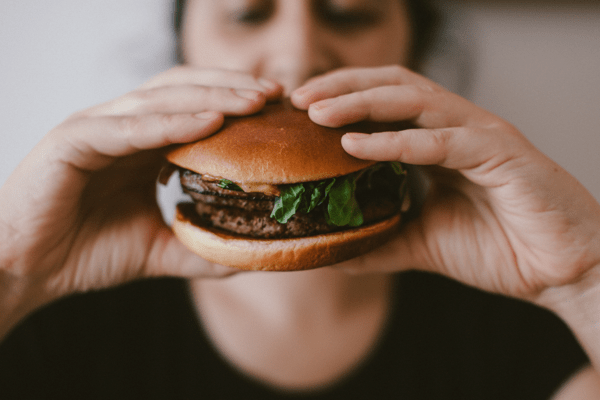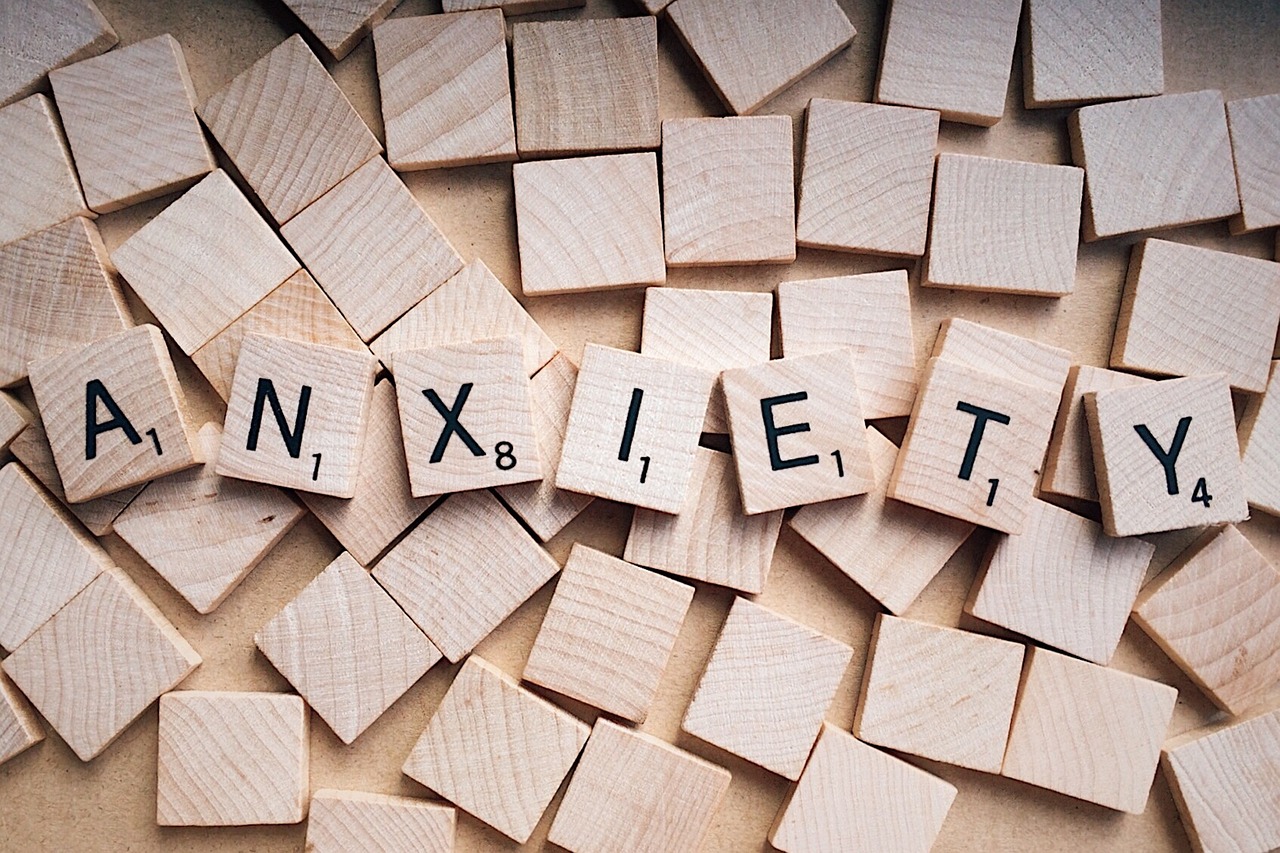By Nikolina Koulouri,
Have you ever thought that nutrition and stress, while they refer to two different things, are interrelated, even if you don’t realize it at first? But how can this be possible? On a general basis, stress is a biochemical response in the body. Through stress, the secretion of hormones such as adrenaline and cortisol seems to increase. With the increase in these levels, other symptoms such as an increase in blood pressure and heart rate follow.
The main categories of stress are three: acute, acute episodic, and chronic. All three categories are often evident in people, especially due to the daily obligations and deadlines that incessantly chase today’s society.
The third category, in particular, can have a significant influence on the eating habits of each individual. One of these, initially, concerns changes in the choice of food to be consumed. Often, due to conscious or subconscious stress, there is a neglect of the dietary program, for example, the neglect of a meal during the day or, more often, a strong desire for comfort food. These foods are usually high in sugar and fat, as well as being directly associated with a certain pleasant feeling that the person aims to feel again. Therefore, he or she uses them as a means of relaxation.
Also, in times of extended stress, it is common to see a variation in the appetite for food. It happens that there is either an increased appetite for food or a considerably reduced feeling of hunger, which may be accompanied by sudden cravings during the night hours. Indeed, as to the validity of this habit, there are studies that confirm both cases in a social group.

In addition to the above, we also include changes in body weight, which are due to changes in preferences and appetite, which have been analyzed in previous paragraphs. Many times, stress-driven, excessive, and uncontrolled food consumption occurs, without necessarily feeling hungry. Usually, this consumption involves a category of food, including biscuits, hazelnut praline, crisps, and so on. With snacking during the day and certain overeating episodes, weight fluctuations are inevitable, but they can be limited.
However, by studying the food pyramid and the variety it contains, there are many food choices, rich in beneficial ingredients for the body, that can not only replace unhealthy foods but also strengthen and protect the body from the acute stress experienced by a person.
A key one is the universally loved dark chocolate, which through the antioxidants it contains, promotes the brain’s ability to adapt to stressful situations. Even a small amount of it on a daily basis manages to increase serotonin and subsequently weaken stress.
Equally rich in antioxidants and vitamin C are citrus fruits (strawberries, peppers, peaches), which also contain anti-inflammatory properties and are associated with stress reduction and proper cognitive function.

Finally, chamomile is said to be ideal for relaxing the body, thanks to its unique properties that help reduce symptoms not only in healthy people but also in people suffering from generalized anxiety disorder or even depression.
In addition to beneficial foods, there are also those that help stress to inflate, such as alcohol and caffeine. Through these, the person may believe that they will be able to alleviate this stressful feeling, but such drinks reduce serotonin levels and end up exacerbating stress, the opposite of the desired effect.
In conclusion, the intricate relationship between nutrition and stress underscores the vital importance of maintaining a balanced diet for overall well-being. By understanding how certain nutrients influence our body’s response to stress, we gain insight into proactive strategies for managing and mitigating its impact. Incorporating a variety of nutrient-rich foods, such as fruits, vegetables, lean proteins, and healthy fats, can provide the foundation for resilience in the face of stress. Additionally, adopting mindful eating practices and seeking professional guidance when needed can further enhance our ability to nourish both body and mind.
By prioritizing nutrition not only are our bodies fueled but also equipped with the strength and resilience to navigate the stressors of daily life with greater ease and resilience. Use this article as a profound reminder of the impact that our dietary choices can have on both our mental and emotional well-being.
References




